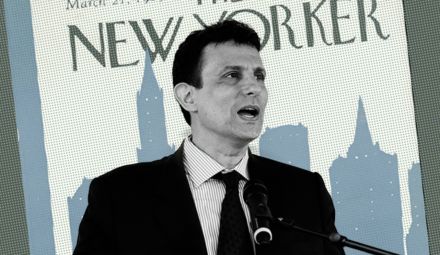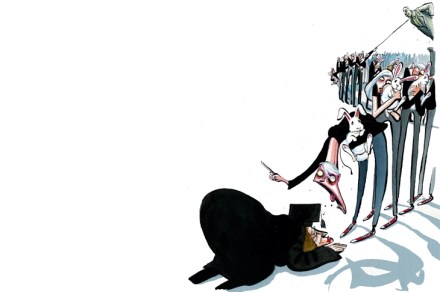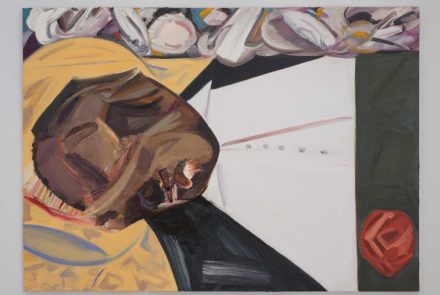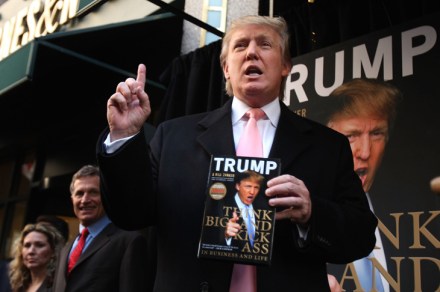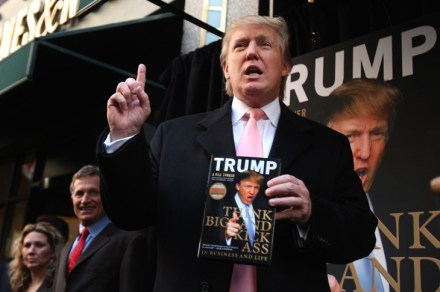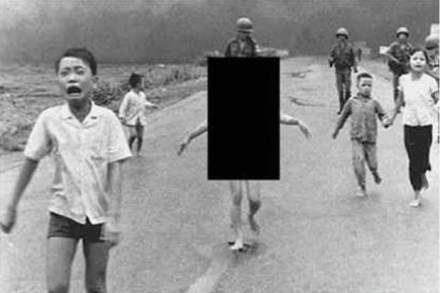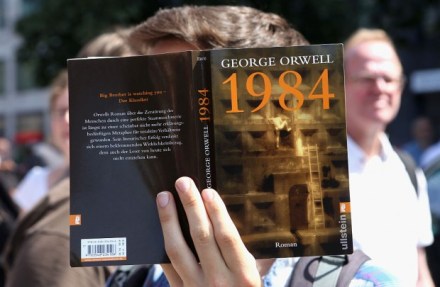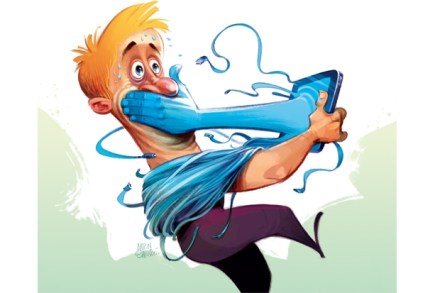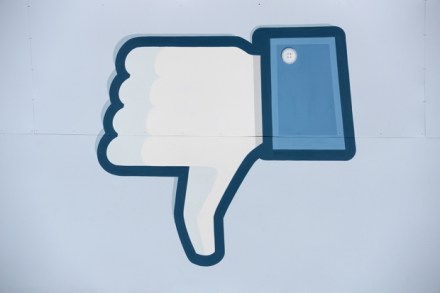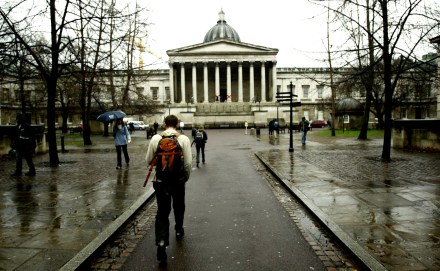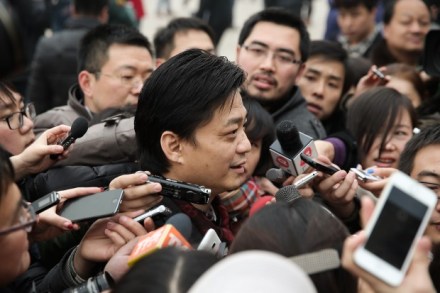The Tories push on with their porn crackdown
This afternoon the government announced the official launch date for its age-verification scheme for online pornography. As of 15th July, X-rated websites (or at least some of them) will have a three-month grace period to ensure that all UK visitors are over 18. If they fail to do so, the government will block them from UK servers entirely. This so called ‘porn block’ has been in the works for some time. It’s been dogged by criticism, with everyone from online privacy campaigners (who fear the potential repercussions of creating a giant database of porn-viewers) to LGBT campaigners (who say it disproportionately affects minority groups) calling for it to be




